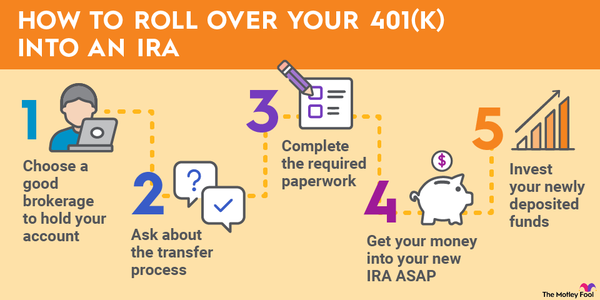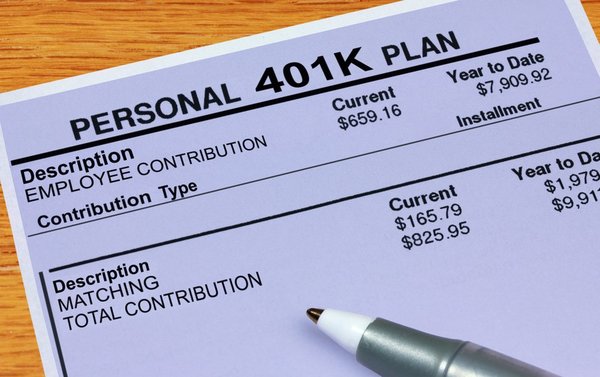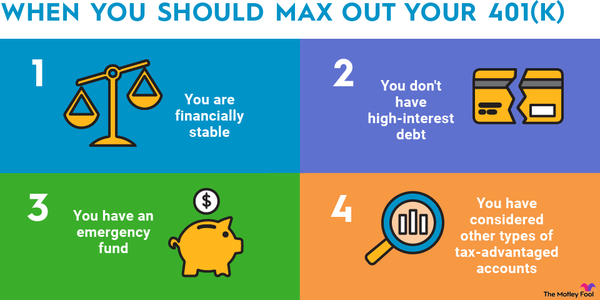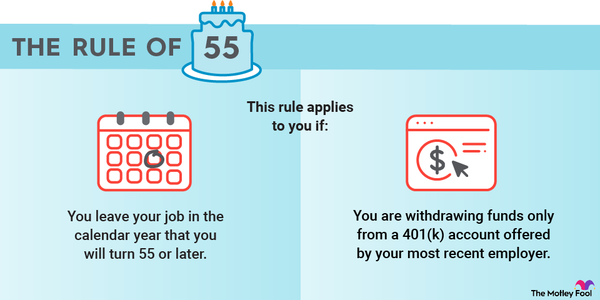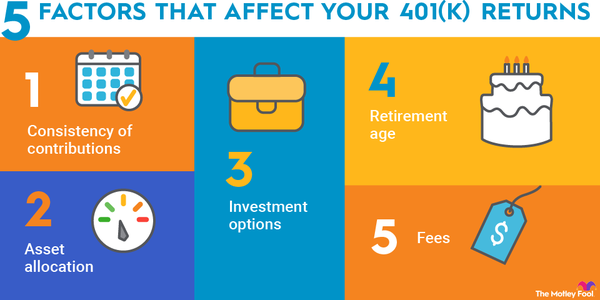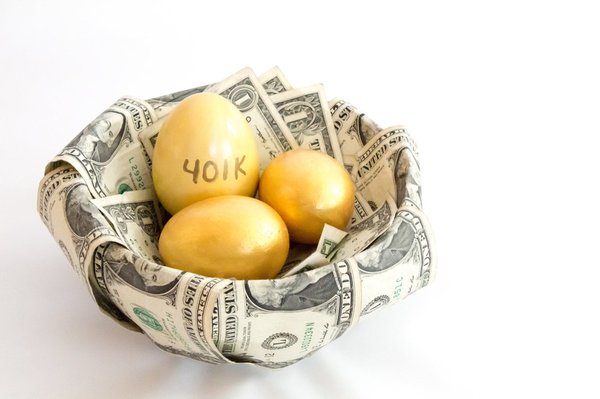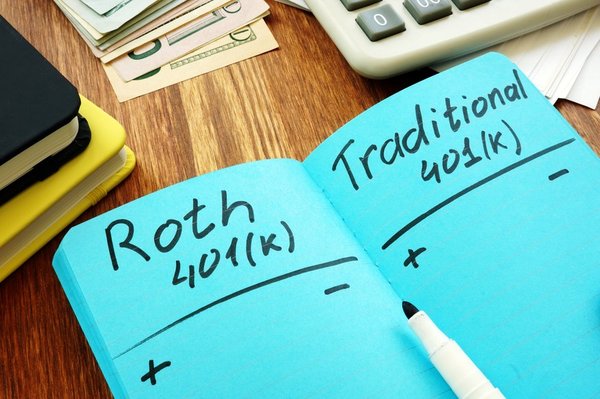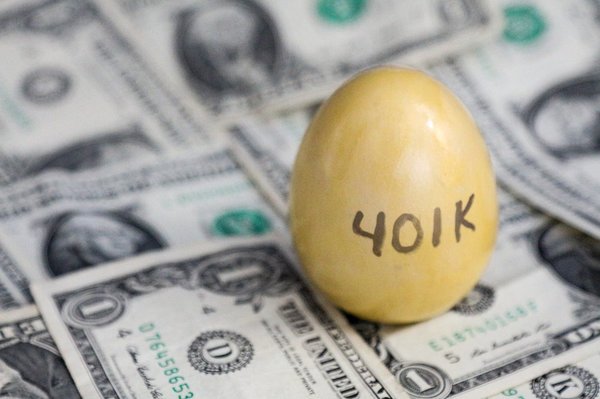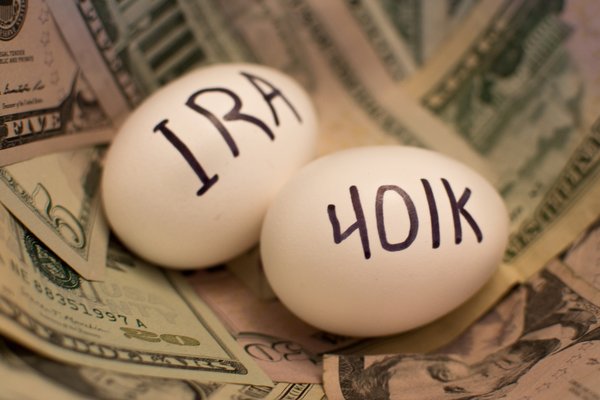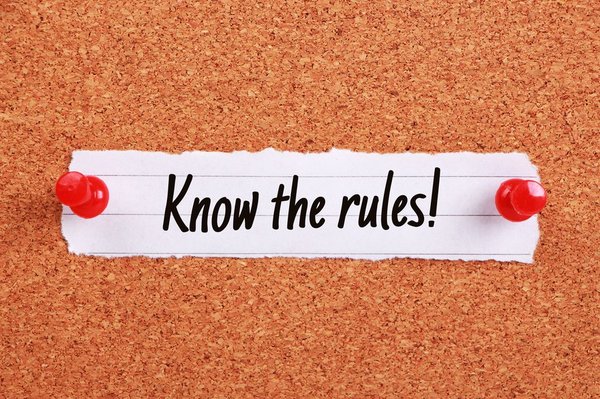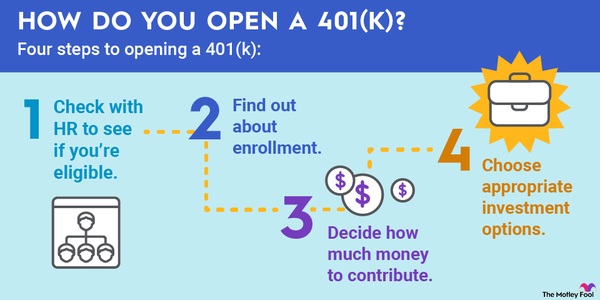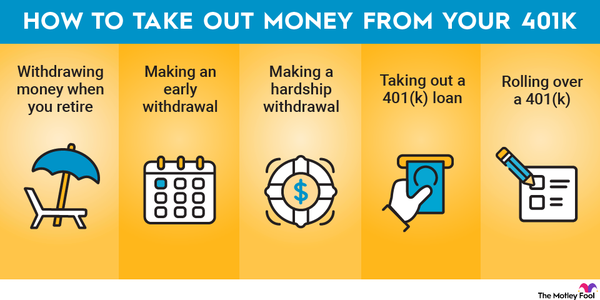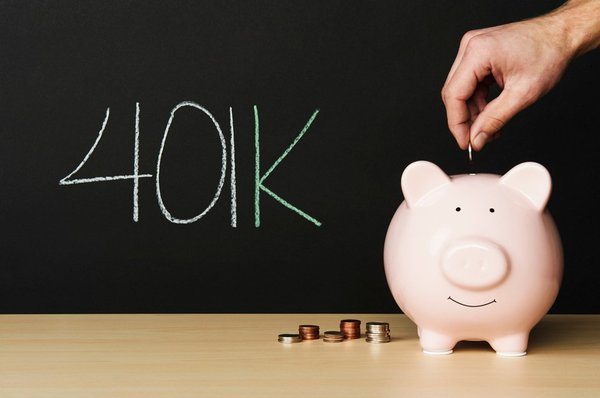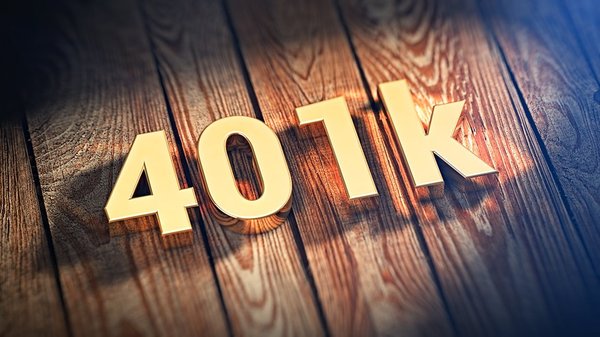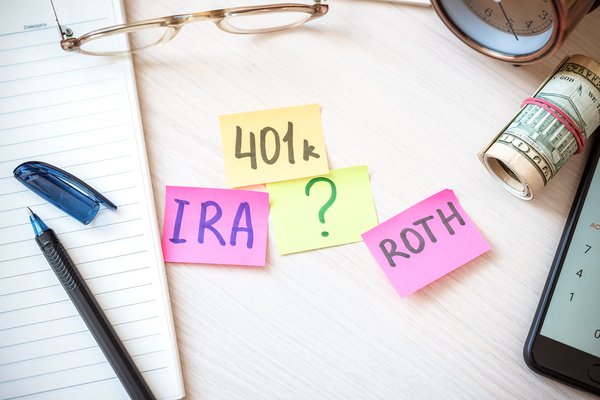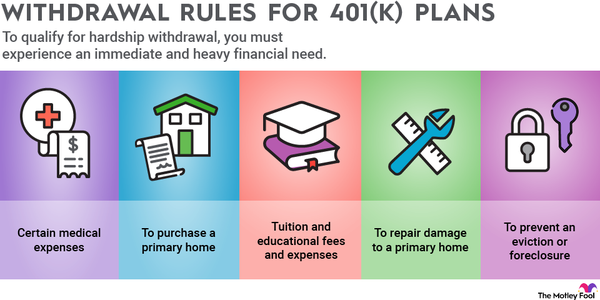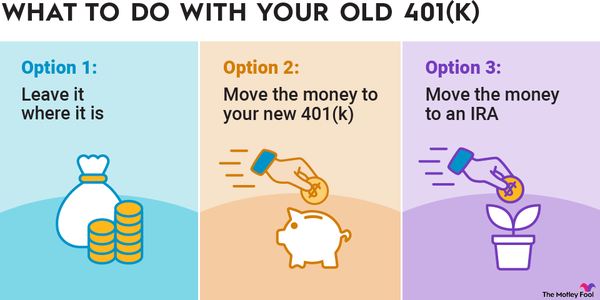Looking for alternatives to a 401(k)? You're not alone. The traditional 401(k) has its limitations. One of those limitations is access -- some 40% of U.S. workers don't have a 401(k) available through their employer.
Fortunately, the 401(k) isn't the only way to save for retirement. You have options ranging from tax-advantaged accounts to taxable investments that can grow in value over time.
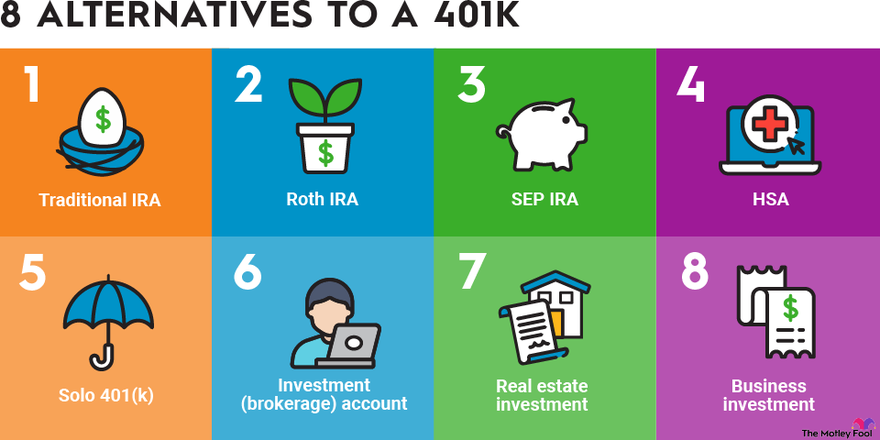
Best alternatives to a 401(k)
Here are eight ways to save for retirement without a 401(k):
1. Traditional IRA
- Overview: The traditional IRA is a tax-advantaged investment account. You can open a traditional IRA online in minutes at financial institutions such as Charles Schwab (SCHW 0.13%), Fidelity, or Betterment. Your contributions up to an annual limit are tax-deductible, and your investment earnings are tax-deferred.
- Withdrawals: Your qualified withdrawals in retirement are taxed as ordinary income. You'll pay a penalty on top of the taxes for withdrawing funds prior to age 59 1/2 unless you qualify for an exception. Also, the IRS requires you to take required minimum distributions (RMDs) starting at age 73.
- Risk/limitations: The IRS annual contribution cap is $7,000 in 2024 ($6,500 in 2023), with an additional $1,000 catch-up contribution allowed in both years if you're 50 or older. These limits are low compared to 401(k) contribution limits.
2. Roth IRA
- Overview: A Roth IRA is a retirement investment account that's funded with after-tax dollars. You don't get a tax deduction on your contributions, but qualified withdrawals in retirement are tax-free. Your investment earnings are also tax-free if you follow the withdrawal rules.
- Withdrawals: You can withdraw your contributions from a Roth IRA at any time. To avoid taxes and penalties when you withdraw earnings from a Roth IRA, you normally must be age 59 1/2 or older. Also, five years must have passed since you made your first Roth contribution.
- Risks/limitations: The IRS sets maximum income thresholds and dollar limits on Roth IRA contributions. The contribution limits are low relative to a 401(k), and they may be zero if you earn a high salary.
3. SEP IRA
- Overview: The SEP IRA is a retirement investment account designed for small business owners and the self-employed. Your SEP IRA contributions are funded by your business, and they are tax-deductible if you're self-employed. The contribution limits are very high, but there are no extra catch-up contributions when you turn 50.
- Withdrawals: Qualified SEP IRA withdrawals in retirement are taxable as ordinary income. Early withdrawals before the age of 59 1/2 are subject to taxes and penalties unless you qualify for an exception.
- Risks/limitations: With a SEP IRA, you must make equal contributions, in terms of percentage of salary, to all eligible employees. If you contribute 10% of your own salary to your account, you must also contribute 10% of your eligible employees' salaries.
4. HSA
- Overview: A health savings account, or HSA, is an investment account that helps you pay for medical expenses. You are only eligible for an HSA if you have a high-deductible health plan. HSA contributions are tax-deductible, and investment earnings are tax-deferred.
- Withdrawals: You can take tax-free withdrawals from your HSA at any age to pay for medical expenses. Non-medical withdrawals are subject to taxes and a 20% penalty until age 65. After your 65th birthday, the penalty goes away, and you'll only pay taxes on non-medical HSA withdrawals.
- Risks/limitations: You can invest your HSA funds in securities just as you would with an IRA or 401(k). If you have an unexpected illness before retirement, you may have to sell those securities earlier than you'd like to pay your medical bills.
5. Solo 401(k)
- Overview: You can save for retirement in a solo 401(k) if you are a sole proprietor or independent consultant with no employees. The tax structure mimics a standard 401(k) -- contributions are tax-deductible and earnings are tax-deferred. You can contribute to your own account as an employee or employer, which makes for high contribution limits. Employee contributions follow the normal 401(k) annual limits, including catch-up contributions. Employer contributions are capped at 25% of your net self-employment income.
- Withdrawals: Under the solo 401(k) rules, withdrawals are taxable. Unless you qualify for an exception, you may pay a penalty for withdrawals before age 59 1/2. If you need the cash early, your plan may allow you to borrow limited amounts without penalty.
- Risks/limitations: As with any investment account, the securities in your solo 401(k) could lose value.
6. Investment (brokerage) account
- Overview: A standard brokerage account is easy to set up and use but offers no tax advantages. Your deposits are after-tax, and you'll incur taxes annually on realized earnings, interest, and dividends.
- Withdrawals: The IRS sets no withdrawal restrictions on standard brokerage accounts. You can take cash out whenever you want, and the withdrawal will not affect your tax bill.
- Risks/limitations: Your investment growth will be slower than a 401(k) or IRA because you're investing with after-tax funds and paying taxes on earnings each year.
7. Real estate investment
- Overview: A real estate investment helps you save for retirement by providing current rental income to cover expenses, along with long-term appreciation. You'd buy property, usually with a loan, and lease it out. Later, you can live off the rental income or sell the property for more than you paid for it.
- Withdrawals: You'll only have immediate access to your rental income less expenses. To generate a large sum of cash from your real property, you'd have to refinance or sell. Both current profits and capital gains would be taxable.
- Risks/limitations: If your property is temporarily unoccupied, you may have trouble making your loan payments. In shorter time frames, the property's value may not rise quickly or at all. If you need cash, you may have trouble selling the property at the price you want.
8. Business investment
- Overview: An investment in your own business or someone else's can also help you save for retirement. The business may generate a recurring source of income for you, or you might be able to sell your equity for a big cash payout.
- Withdrawals: Your ability to get cash from your investment will depend on the structure of the business, how you're invested, and the business's cash needs. Often young businesses will need to reinvest any profits back into operations to fund growth. That may limit your access to cash.
- Risks/limitations: Small business start-ups are highly unpredictable. Even seemingly solid business plans can fail. The business may require more funding to continue operating, or it may shut down entirely.
Related retirement topics
What's the right 401(k) alternative?
The right 401(k) alternative for you depends on your retirement timeline, how much you can invest annually, and your risk tolerance. Choose a savings plan that aligns with those factors, and you'll be on your way to building retirement wealth.










